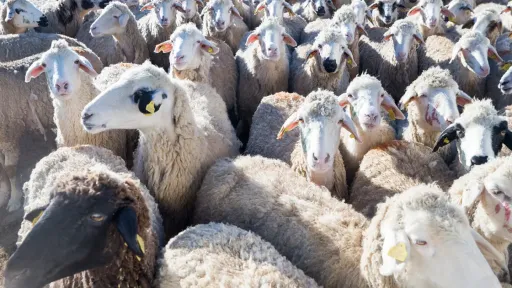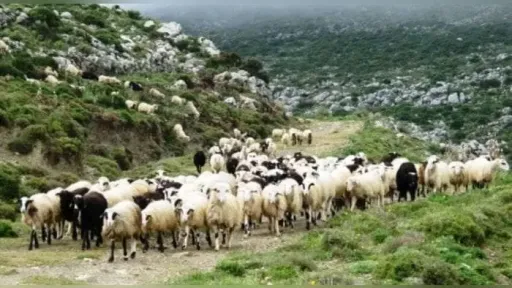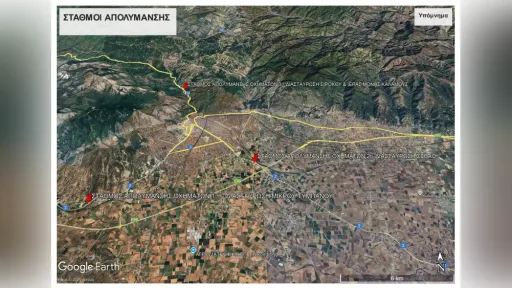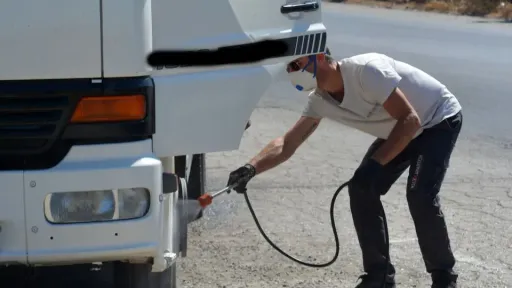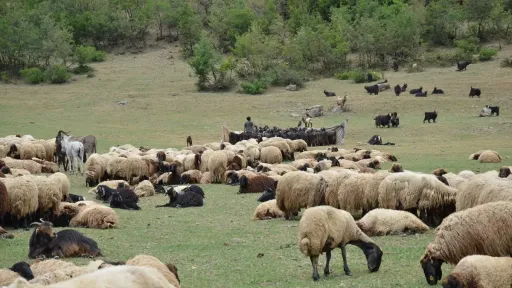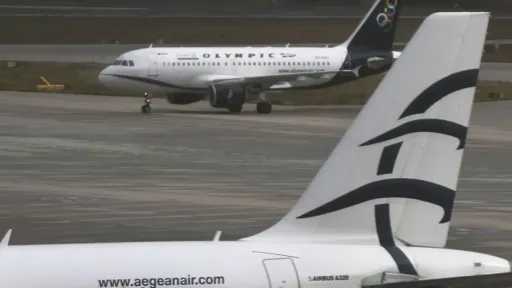Kostas Arvanitis: “Greek livestock farming Is at risk” – Question to the European Commission on sheep and goat pox vaccination
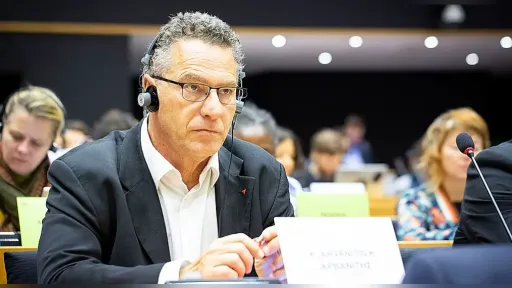
The Vice-President of the European Left (The Left) and head of the SYRIZA–Progressive Alliance delegation in the European Parliament, Kostas Arvanitis, has submitted a new question to the European Commission, urging the immediate activation of EU support mechanisms to combat the outbreak of sheep and goat pox in Greece.
The Greek MEP calls on the Commission to explore the use of EU tools for the vaccination of livestock, stressing that without swift action, entire production sectors and rural families could collapse.
In his latest intervention—one month after his previous question on financial aid and the reinforcement of veterinary services—Arvanitis asks the Commission to:
Clarify whether there is an EU-approved vaccine for the strain currently circulating within the Union.
Confirm whether the Greek government has submitted an official request for EU assistance and vaccination campaign implementation.
Specify whether dairy products from vaccinated but healthy animals would remain eligible for trade in European and international markets.
This new question follows Arvanitis’s September 10, 2025 appeal, in which he urged the Commission to activate support mechanisms for affected Greek farmers, enhance surveillance and controls, especially in border areas, and consider targeted support for transhumant livestock farming under the new Common Agricultural Policy (CAP).
Arvanitis warned:
“If there is no immediate action, we risk losing entire sectors of production, families who depend solely on livestock farming, and a critical balance in rural Greece.”
According to statements by Commissioner Oliver Várhelyi (September 23, 2025), recommendations from the EU Veterinary Emergency Team (Expert Mission, May 2025), and the response from Commissioner Hansen to Arvanitis’s previous question, the European Commission has already considered launching a vaccination campaign and is prepared to provide 500,000 doses from the EU vaccine bank.
However, the Greek government has not yet formally requested activation of the mechanism, reportedly citing potential trade risks.
“The EU is offering help, but the government hesitates, letting the sector bleed. We’re asking the Commission for clear answers: Is there an approved vaccine? Is support available? Can product markets be protected? There’s no time left for delays — Greek livestock farming must be saved before it’s too late,”
Arvanitis concluded.
